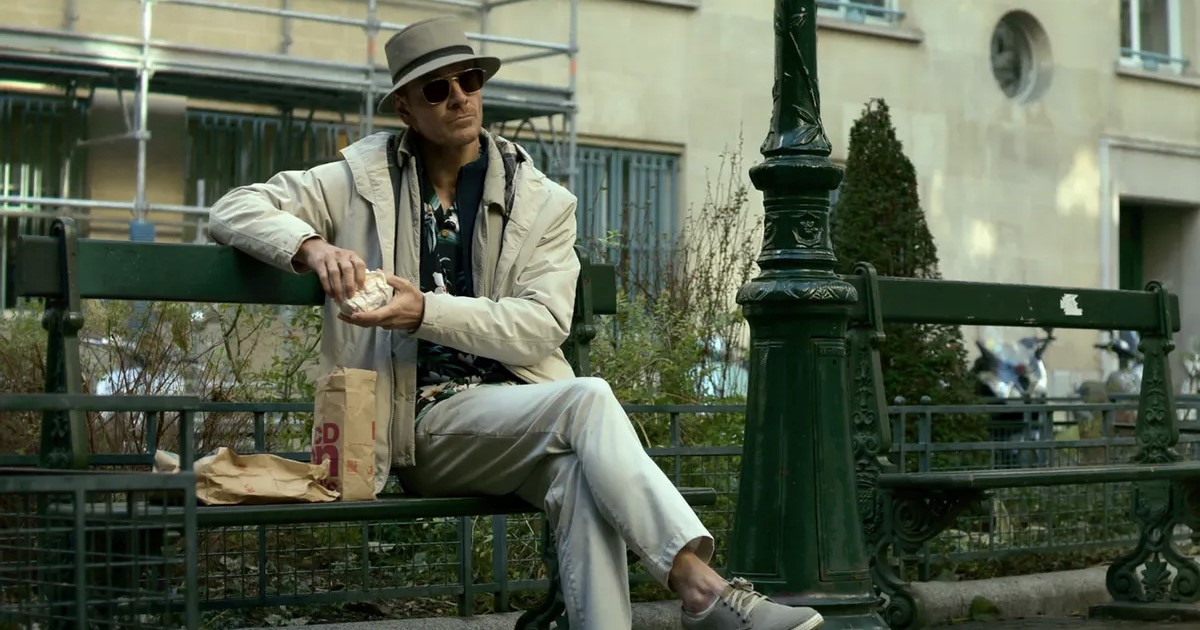
As a fervent admirer of cinema, I harbour a certain skepticism when major film directors opt for a direct-to-Netflix release, bypassing the traditional grandeur of a theatrical debut. Whilst there are exceptions to this rule where directors are still allowed the resources to flourish with films such as "The Irishman," most instances often leave me pondering if the chosen platform reflects a deliberate choice to work within the confines of a genre rather than a director's creative zenith.
Therefore, when news broke of David Fincher's consecutive Netflix releases - first with "Mank" and now "The Killer" - my reaction was one of mixed emotions. Having revelled in the brilliance of Fincher's past works, such as the intricately woven "The Social Network" and "Gone Girl," I found myself yearning for a return to the director's storytelling prowess. Yet, my expectations were tempered by the expectation that the streaming platform might entail creative concessions, urging me to tread into "The Killer" with a hopeful heart but a measured sense of expectancy.
"The Killer" follows the story of a meticulous assassin, played by Michael Fassbender, whose life takes a drastic turn after a hit goes awry. As his employers target his girlfriend, the film unfolds into a revenge thriller. However, despite the intriguing premise, "The Killer" falls short of its potential, leaving viewers with a sense of unfulfilled expectations.
One of the film's primary shortcomings lies in its efforts to exude a pseudo-intellectual aura. While the narrative explores themes of morality, empathy, and consequence, it often feels like a derivative amalgamation of tropes seen in other stylish crime dramas, particularly those of Jean-Pierre Melville.
Unlike Melville's films, where technically sound and well-lit scenes exude style and coolness, "The Killer" falters in creating a similar impact. The visuals, instead of conveying warmth or personality, feel cold, methodical, and, at times, almost sterile. It's as if the film was crafted by a computer algorithm rather than a filmmaker with a distinctive voice, particularly when mixed in with its obvious product placement.
"The Killer" lacks engaging sequences that stand out. Melville's films, despite their apparent coldness, manage to feel alive, such as the memorable heist scene in "Le Cercle Rouge." In contrast, "The Killer" seems to follow a formulaic approach, checking off boxes in the crime, antihero, and philosophy genres without injecting the vitality that makes these elements compelling.
Another Hollywood director Steven Soderbergh has shown versatility across a number of genres and mediums, constantly injecting freshness to proceedings and almost embracing the limitations of his resources by matching the form to the challenge at hand.
The film fails to transcend the clichés of its genre and era. People might say that the stripped back style is the point - but other films such as "Ghost Dog" and "The Limits of Control" by Jim Jarmusch prove that you can take inspiration whilst crafting your own cinematic style in truly engaging and memorable ways.
"The Killer" ultimately delivers a dull and unrewarding viewing experience. Despite the star power of Michael Fassbender and the reputation of director David Fincher, the film struggles to rise above its influences and establish its own identity with fans of the genre likely to find it lacking the vibrancy and originality that makes crime thrillers truly compelling.